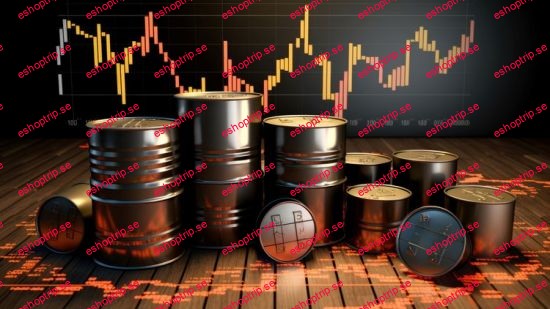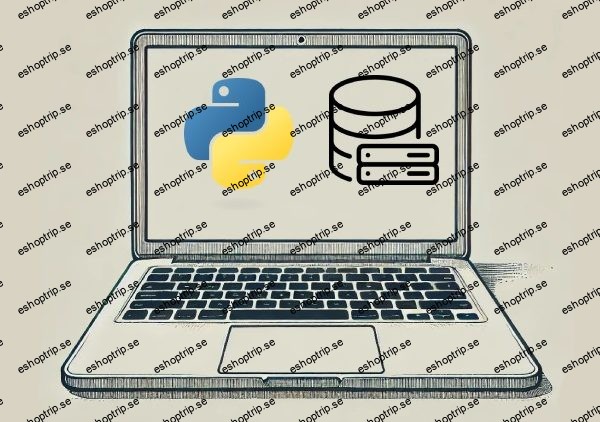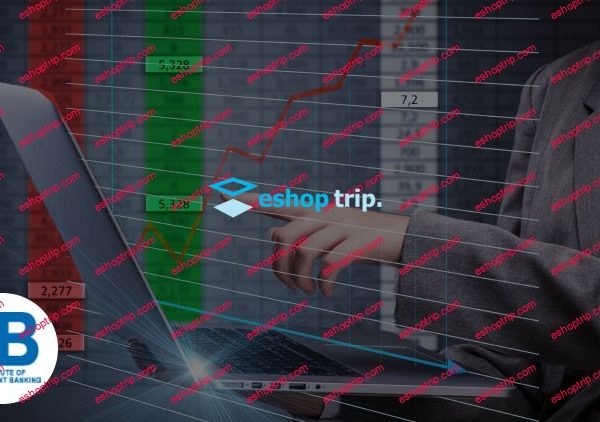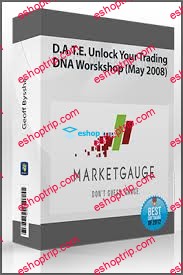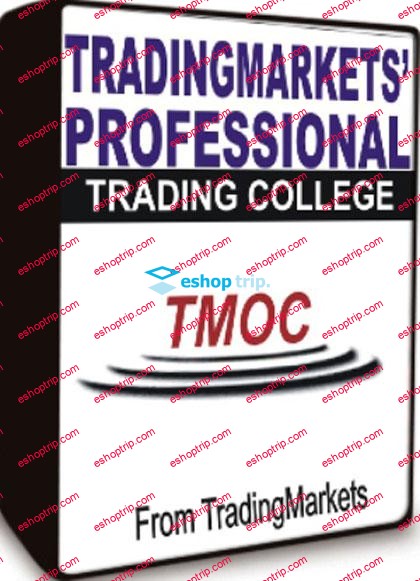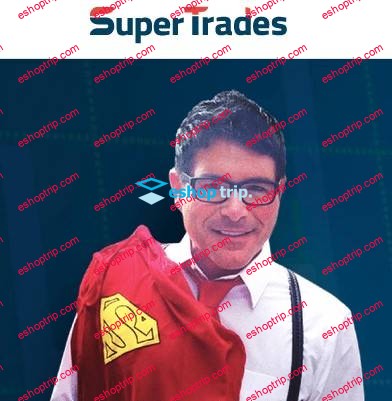Published 10/2024
MP4 | Video: h264, 1280×720 | Audio: AAC, 44.1 KHz, 2 Ch
Language: English | Duration: 1h 22m | Size: 399 MB
Unlock the secrets of commodity markets and learn to trade through in-depth analysis and practical strategies.
What you’ll learn
Fundamentals of Commodity Markets: Understand how commodity markets operate, including the role of derivatives and the significance of commodity exchanges.
Commodity Trading Mechanics: Explore the practical aspects of trading, including market timings, order types, lot sizes, and the trading screen.
Risk Management in Trading: Learn about the risks involved in commodity trading, margin concepts, and how to manage risks effectively.
Fundamental Analysis: Gain the ability to analyze market trends, macroeconomic factors, and global events that impact commodity prices.
Technical Analysis: Master key technical analysis tools such as chart patterns, indicators, and techniques for predicting price movements.
Trading Strategies: Develop practical trading strategies, including intra-day trading calls and settlement processes.
Real-World Applications: Learn how to execute trades, manage portfolios, and apply best practices for trading commodities on exchanges like MCX.
Requirements
Basic Financial Knowledge: A foundational understanding of financial markets and trading concepts will be helpful, though not mandatory.
Interest in Commodity Markets: This course is ideal for individuals with a keen interest in trading or understanding how commodity markets function.
Description
Introduction:This course begins by providing a comprehensive introduction to the commodity market, explaining its importance in the global economy and how it operates. Students will gain a foundational understanding of derivatives and how commodity trading works, setting the stage for more advanced learning in subsequent sections.Section 1: Commodity MarketIn this section, students are introduced to the fundamental concepts of the commodity market. They will explore how the market functions, including the role of derivatives and the importance of commodity exchanges. By the end of this section, learners will have a clear understanding of the market structure and the mechanics of commodity trading.Section 2: Commodity TradingThis section delves deeper into the practical aspects of commodity trading. Students will learn about the major commodity exchanges, including the Multi Commodity Exchange (MCX), and their respective trading hours. It covers the role and functions of exchanges, as well as the concept of margins in trading. Learners will also explore the advantages and disadvantages of trading commodities, along with the risks involved. This section concludes with an overview of order types, lot sizes, and the trading screen interface.Section 3: Analysis Techniques in Commodity TradingIn this section, students will be introduced to both fundamental and technical analysis. They will learn how to evaluate market trends, analyze trading signals, and understand how various factors impact commodity prices. The technical analysis portion will cover essential concepts over multiple lectures, including price charts, indicators, and trading strategies. By the end, students will be able to apply these techniques in real-world trading scenarios.Section 4: Trading Execution and StrategyThe final section focuses on the execution of trades and settlement processes. Students will learn how to calculate intra-day calls and manage trade settlements effectively. This section also covers practical recommendations and best practices for successful commodity trading.Conclusion:By the end of the course, students will have gained a thorough understanding of the commodity market, developed skills in fundamental and technical analysis, and learned practical strategies for trading on exchanges. They will be prepared to navigate the complexities of commodity trading with confidence and make informed decisions in their investment strategies.
Who this course is for
Aspiring Traders: Individuals looking to enter the world of commodity trading and gain insights into market operations, trading strategies, and risk management.
Investors: People who want to diversify their portfolios by understanding and trading in commodity markets like gold, oil, and agricultural products.
Finance and Business Students: Those studying finance, economics, or business who want to deepen their understanding of commodity markets and trading mechanisms.
Professionals in Financial Markets: Anyone working in finance, investment banking, or related fields who wishes to expand their knowledge of commodities as an asset class.
Curious Learners: Enthusiasts who are curious about how commodity markets work and want to explore the fundamentals of trading.
